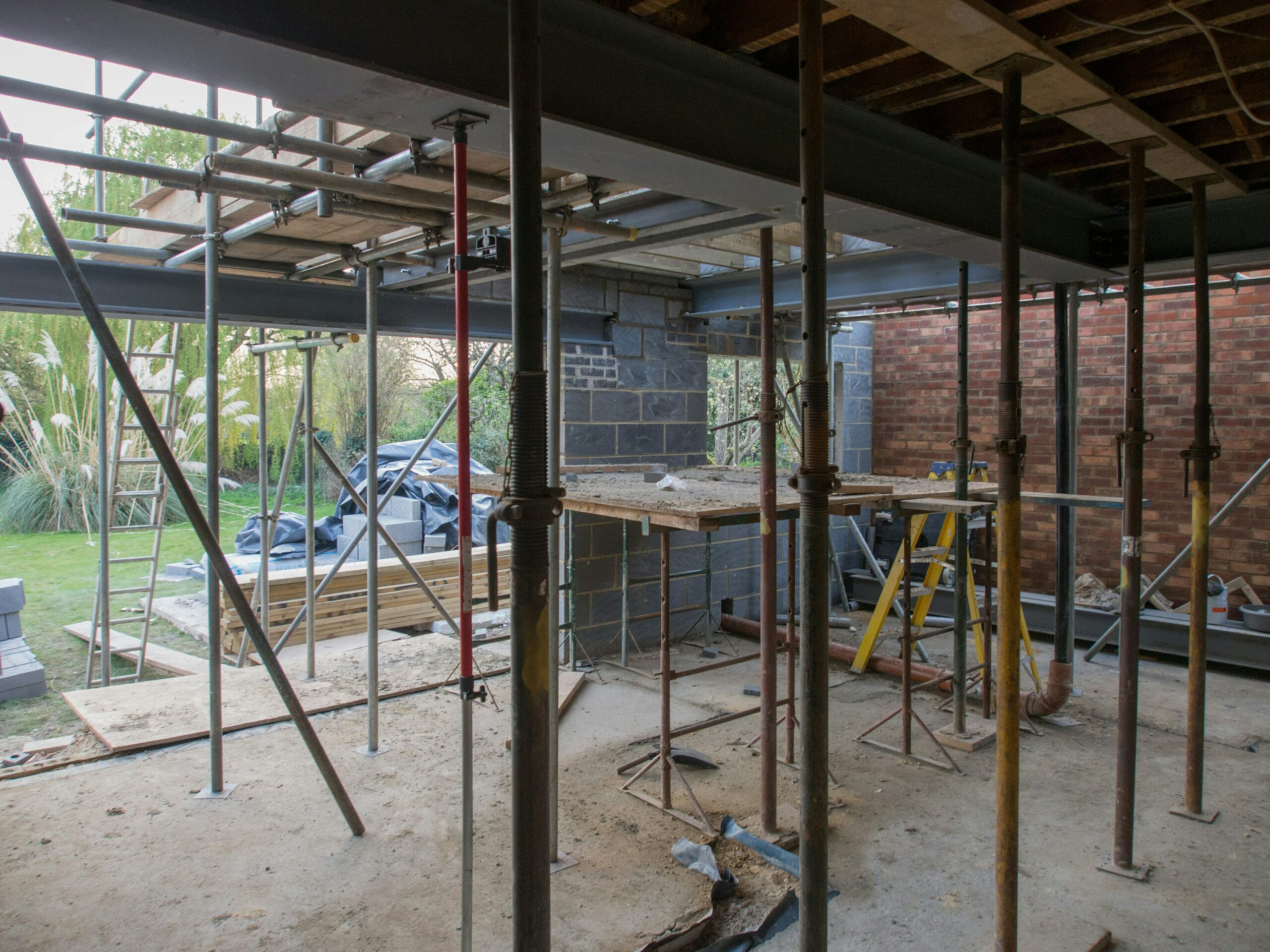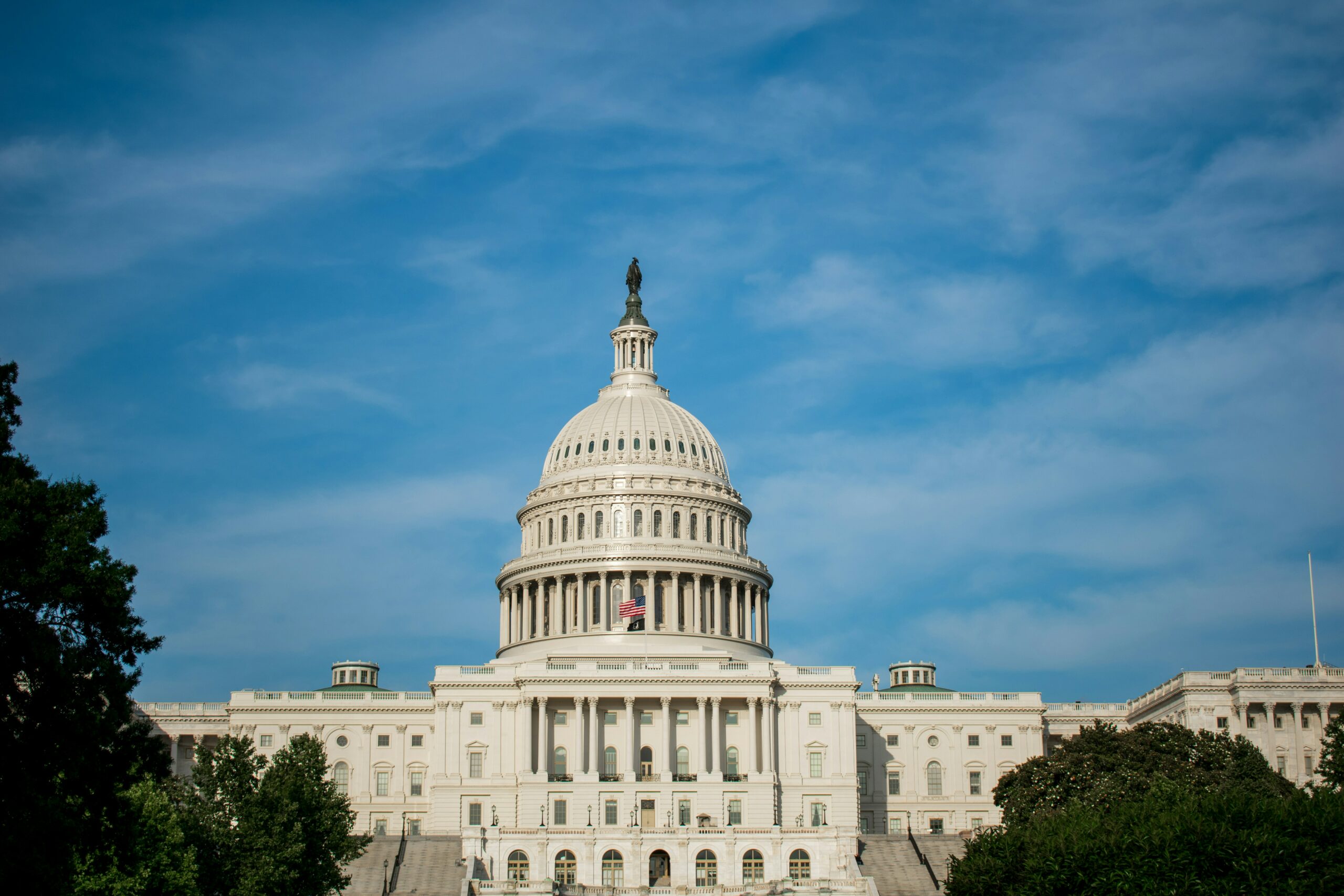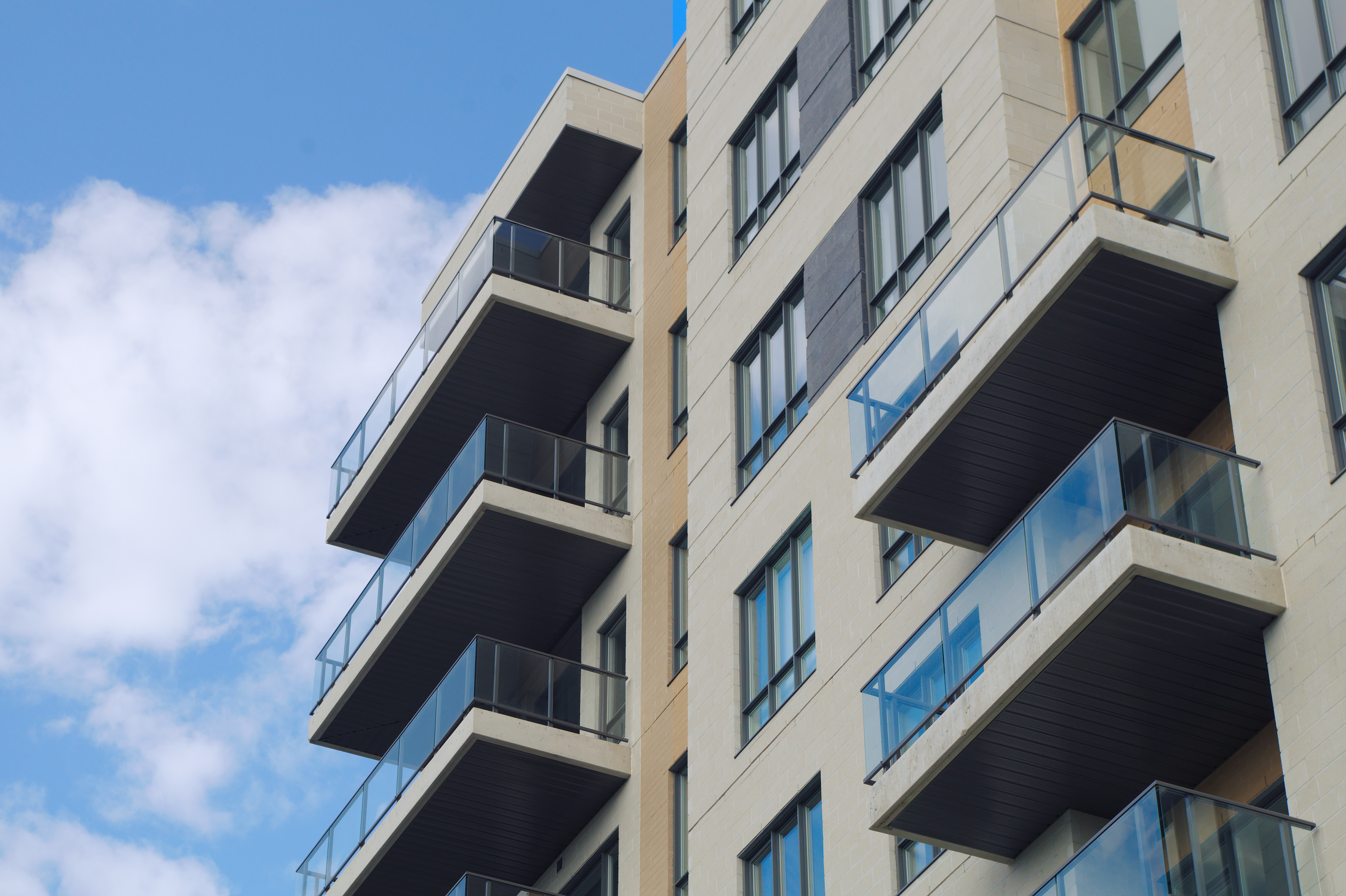
Building permits drop by nearly 50% in one year after St. Paul adopts rent control
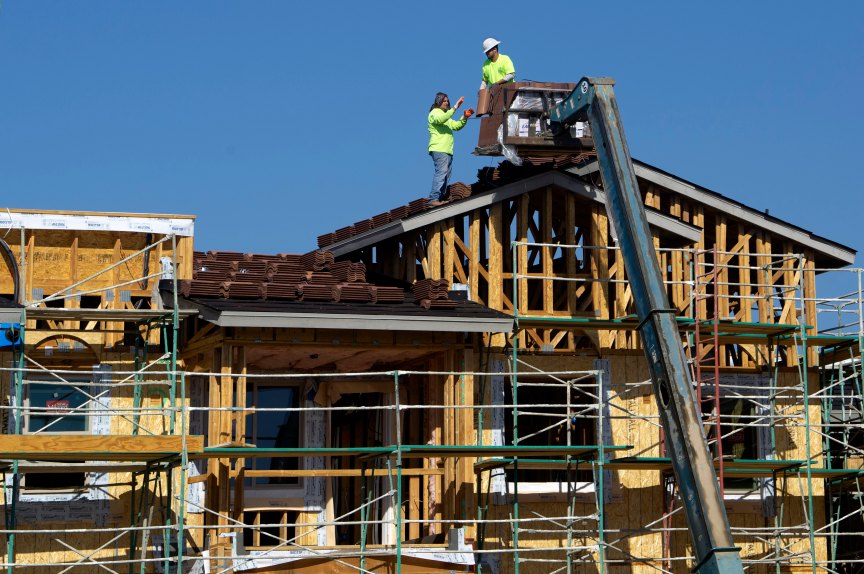
We know that rent control laws lead to a reduction in the available supply of rental housing in a community, and that is just one of the reasons we warned against adopting these unhelpful policies in St. Paul, Minnesota. Now we are seeing the impact of rent control policies on construction as well.
Time and time again, wherever these policies are enacted, instead of helping housing shortages and cost challenges, rent control makes supply worse, causes existing buildings to deteriorate and disproportionately benefits higher-income households. Nevertheless, in 2021 St. Paul imposed one of the most aggressive rent control policies and residents are now living with the consequences.
The new data is staggering. U.S. Census building permit data on St. Paul shows that St. Paul multifamily building permits dropped 48 percent in just one year. Specifically, St. Paul developers pulled permits for 2,020 units in 2021, as compared with 1,062 units in 2022. This represents a 47 percent decrease in construction activity. Meanwhile, neighboring Minneapolis increased multifamily residential permitting by 16 percent during the same time period. Rent control is one of only a few differences between these Twin Cities.
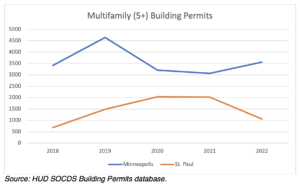
If you have been following the recent activity of rent control policies in St. Paul, this shouldn’t be a huge surprise. Immediately following the rent control ballot initiative in November 2021, new apartment construction was brought to a virtual standstill. And as a result, the City Council urgently passed a reform bill to try and turn back some of the most far-reaching damages. Unfortunately, it appears that measure was too little too late, and the building permits data underscores the damaging effects policies like rent control have on communities.
We know that America is facing a widespread housing affordability crisis. We need to build 4.3 million more apartments by 2035 to make up for decades-long underbuilding, meet future demand and avoid increasingly expensive housing. Local, state and federal lawmakers must prioritize increased supply.
Rather than rent control, St. Paul residents would be better served by measures that encourage additional construction, such as the elimination of outdated and inherently biased zoning laws, to deliver the housing people need and bring costs down.




